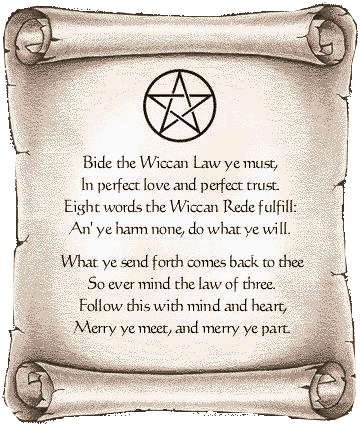Manna
Universalist
A university professor of theology (who did his PhD at Harvard so this suggests that he is intelligent person) Mark W Muesse, has an interesting approach to religion.
He doesn't subscribe to one religion but instead sees himself as different percentages of various religions including Christianity, Buddhism, Islam, Judaism, Jainism, Hinduism, Sihk etc. He adopts and believes in different aspects of these religions and makes it so that all his beliefs are compatible with one another.
My question is do you think such an approach to religion is workable or do you think it contradicts principles from the respective religions?
He doesn't subscribe to one religion but instead sees himself as different percentages of various religions including Christianity, Buddhism, Islam, Judaism, Jainism, Hinduism, Sihk etc. He adopts and believes in different aspects of these religions and makes it so that all his beliefs are compatible with one another.
My question is do you think such an approach to religion is workable or do you think it contradicts principles from the respective religions?

